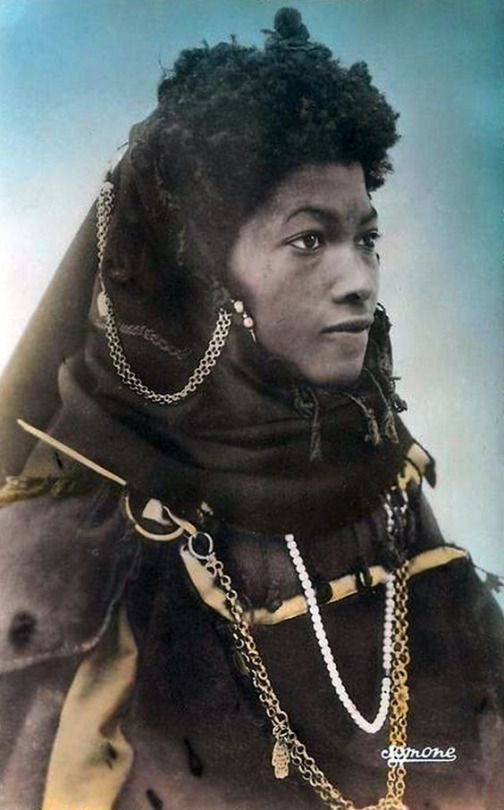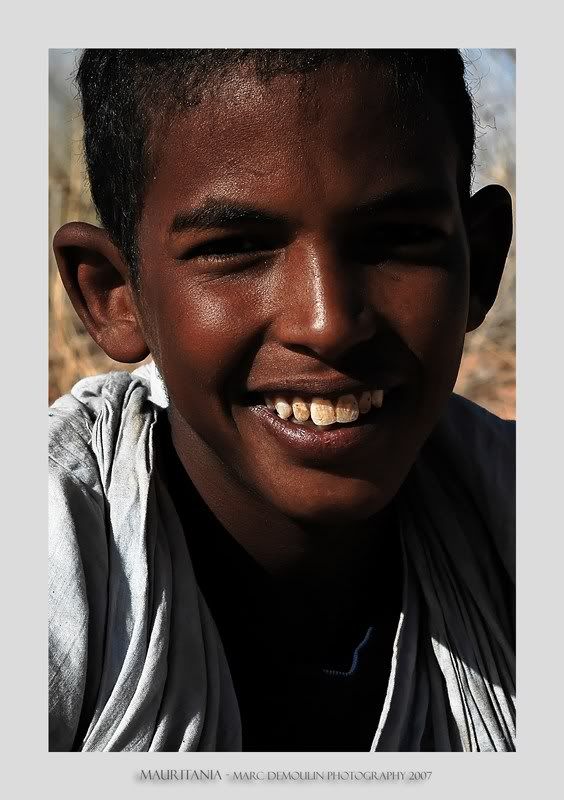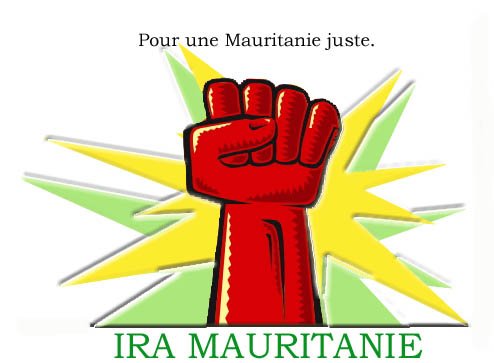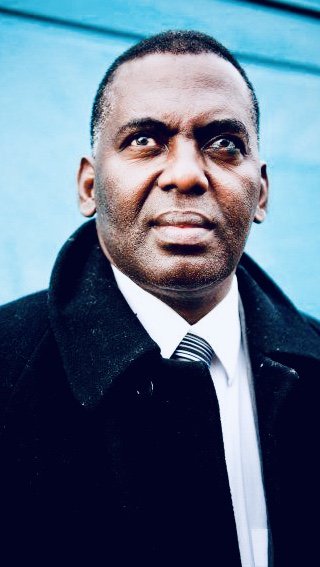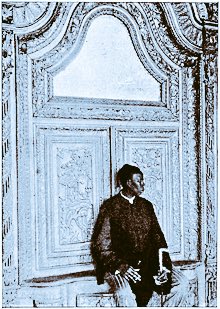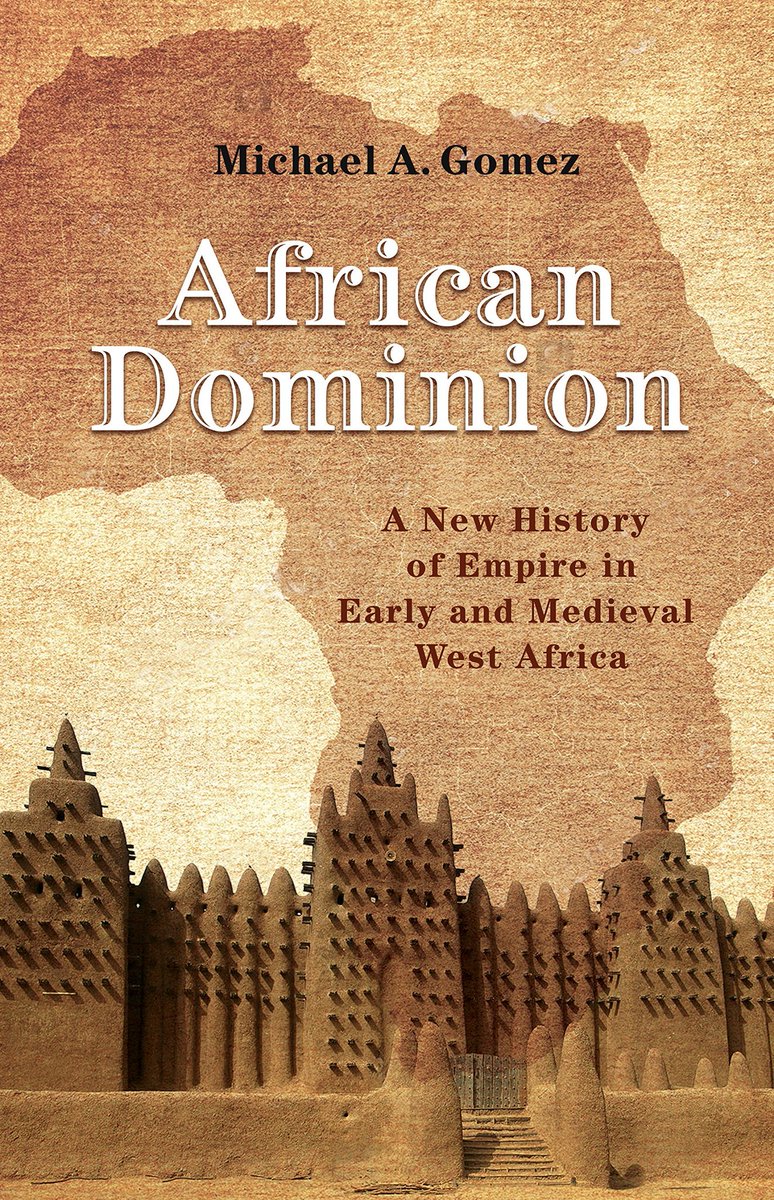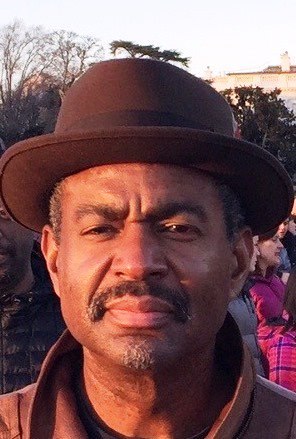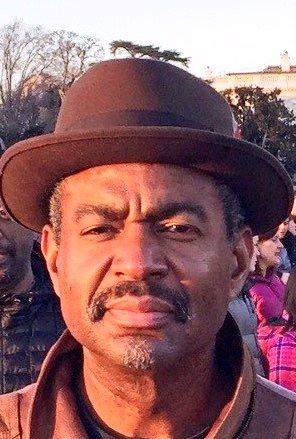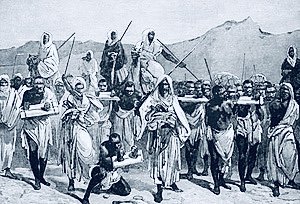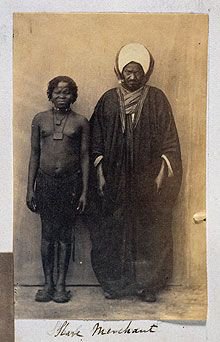A History of The Afro-Arabs -- The Haratin
They are one of the most persecuted ethnic groups in all of human history, a black-Arab caste that emerged from a legacy of #Islamic slavery in Africa under the #Berbers & #Moors.
#afroarabs
#BlackLivesMatter https://abs.twimg.com/hashflags... draggable="false" alt="">
https://abs.twimg.com/hashflags... draggable="false" alt="">
They are one of the most persecuted ethnic groups in all of human history, a black-Arab caste that emerged from a legacy of #Islamic slavery in Africa under the #Berbers & #Moors.
#afroarabs
#BlackLivesMatter
The Haratin say nomads (who they referred to as “white”. -- likely Arabs) came and abused their hospitality, and then began treating them like slaves.
The Arab Supremacist and the White Supremacist have a long, long, history.
More recently the relationship has been so very hostile. But, there are moments of common ground.
One area of mutual cooperation: Colonizing, Plundering, Raping and Enslaving Momma Africa.
More recently the relationship has been so very hostile. But, there are moments of common ground.
One area of mutual cooperation: Colonizing, Plundering, Raping and Enslaving Momma Africa.
The Afro-Arabs of Mauritania are the largest minority group and among the most economically and politically marginalised.
Population: 1,355,000 (estimation), half of which are in de facto slavery
#BlackLivesMatterMauritania
#BlackLivesMatter https://abs.twimg.com/hashflags... draggable="false" alt="">
https://abs.twimg.com/hashflags... draggable="false" alt="">
#ArabRacism
Population: 1,355,000 (estimation), half of which are in de facto slavery
#BlackLivesMatterMauritania
#BlackLivesMatter
#ArabRacism
At present, half of #Mauritania’s #Haratin population exists as de facto slaves. Traditionally, the Haratin men work in the farmland, whilst Haratin women are made to do domestic work.
The Haratin activists are frequently arrested, beaten and harassed by the authorities. https://www.reuters.com/article/us-mauritania-politics/mauritania-arrests-nine-anti-slavery-activists-idUSKCN0ZJ0XO">https://www.reuters.com/article/u...
If there is a Frederick Douglass-type figure for the global movement advocating for the Haratin people; it is the activist Biram Dah Abeid!
He’s been called the Mauritanian Nelson Mandela.
He is unapologetic in making the case that #AfroArabLivesMatter
He’s been called the Mauritanian Nelson Mandela.
He is unapologetic in making the case that #AfroArabLivesMatter
He is ruthless and unapologetic in his denunciation of Arab Supremacy and slavery in Mauritania.
A History of the Haratin https://youtu.be/PvH5DULCA3w ">https://youtu.be/PvH5DULCA...
Chief Eunuch of Abdul Hamid II (1912)
“In the over 13 centuries of the Arab slave trade in Africa unknown number of Africans were enslaved and shipped to the Middle East. It is claimed that a vast majority of the male black slaves were castrated.”
“In the over 13 centuries of the Arab slave trade in Africa unknown number of Africans were enslaved and shipped to the Middle East. It is claimed that a vast majority of the male black slaves were castrated.”
African Dominion: A New History of Empire in Early and Medieval West Africa
By Professor Michael A. Gomez
A groundbreaking book that puts early and medieval West Africa on the map of global history.
#newbooks #Africa
By Professor Michael A. Gomez
A groundbreaking book that puts early and medieval West Africa on the map of global history.
#newbooks #Africa
African Dominion: A New History of Empire in Early and Medieval West Africa https://press.princeton.edu/titles/11181.html">https://press.princeton.edu/titles/11...
"Pick up almost any book on early and medieval world history and empire, and where do you find West Africa? On the periphery. This pioneering book, the first on this period of the region’s history in a generation, tells a different story. Interweaving political and social history
... ... and drawing on a rich array of sources, including Arabic manuscripts, oral histories, and recent archaeological findings,l Gomez unveils a new vision of how categories of ethnicity, race, gender, and caste emerged in Africa.
Focusing on the Savannah and #Sahel region, Gomez traces the exchange of ideas and influences with North Africa and the Central Islamic Lands by way of merchants, scholars, and pilgrims.
Islam’s growth in West Africa, in tandem with intensifying commerce that included slaves, resulted in a series of political experiments unique to the region, culminating in the rise of empire.
"A major preoccupation was the question of who could be legally enslaved, which together with other factors led to the construction of new ideas about ethnicity, race, gender, and caste—long before colonialism and the transatlantic slave trade"
Telling a radically new story about early Africa in global history, African Dominion is set to be the standard work on the subject for many years to come.
https://press.princeton.edu/titles/11181.html">https://press.princeton.edu/titles/11...
https://press.princeton.edu/titles/11181.html">https://press.princeton.edu/titles/11...
"Michael Gomez& #39;s survey of this long period more than updates the older synthesis, it revolutionizes it, transforms it, and will surely replace all that has come before it. . .. . [A] model of scholarship and interpretation."
— International Journal of African Historical Studies
— International Journal of African Historical Studies
#BlackExcellence
Professor Michael A. Gomez is the Silver Professor of History and Middle Eastern and Islamic Studies at New York University. His books include Black Crescent: African Muslims in the Americas;
Professor Michael A. Gomez is the Silver Professor of History and Middle Eastern and Islamic Studies at New York University. His books include Black Crescent: African Muslims in the Americas;
Michael A. Gomez: "West Africa in the Age of Ascent" (1 of 3)
(11/26/18) https://youtu.be/Tcmwua6wkPw ">https://youtu.be/Tcmwua6wk...
(11/26/18) https://youtu.be/Tcmwua6wkPw ">https://youtu.be/Tcmwua6wk...
The Arab Slave Trade
Some historians assert that as many as 17 million people were sold into slavery on the coast of the Indian Ocean, Middle East, and North Africa, and 5 million African slaves were transported via Red Sea, Indian Ocean, and Sahara to other parts of the world.
Some historians assert that as many as 17 million people were sold into slavery on the coast of the Indian Ocean, Middle East, and North Africa, and 5 million African slaves were transported via Red Sea, Indian Ocean, and Sahara to other parts of the world.
FACT: Some Islamic states, such as the Ottoman Empire, the Crimean Khanate, and the Sokoto caliphate [Nigeria], must be termed slave societies because slaves there were very important numerically as well as a focus of the polities& #39; energies.
Encyclopaedia Britannica - Slavery
Encyclopaedia Britannica - Slavery
Islam and Slavery
Has Slavery been an unquestioned and unchallenged institution in the Islamic tradition? Dr. Rudolph Ware responds to this question in a fascinating interview with Christopher Brown https://youtu.be/Lns7Pw7Lef8 ">https://youtu.be/Lns7Pw7Le...
Has Slavery been an unquestioned and unchallenged institution in the Islamic tradition? Dr. Rudolph Ware responds to this question in a fascinating interview with Christopher Brown https://youtu.be/Lns7Pw7Lef8 ">https://youtu.be/Lns7Pw7Le...
Principled Pacifism in Islamic West Africa (Rudolph Ware) https://youtu.be/3MuogdcksAg ">https://youtu.be/3Muogdcks...
Q: What were some of the differences between the Arab Slave Trade and the Atlantic Slave Trade?
One of the biggest differences between the Arab slave trade and European slaving was that the Arabs drew slaves from all racial groups.
One of the biggest differences between the Arab slave trade and European slaving was that the Arabs drew slaves from all racial groups.
What happens when the religion says you are to do this and that ..
But the adherents find excuses not to to do this and that.
That is Mauritania.
One can claim Islam while ignoring the Koran.
But the adherents find excuses not to to do this and that.
That is Mauritania.
One can claim Islam while ignoring the Koran.

 Read on Twitter
Read on Twitter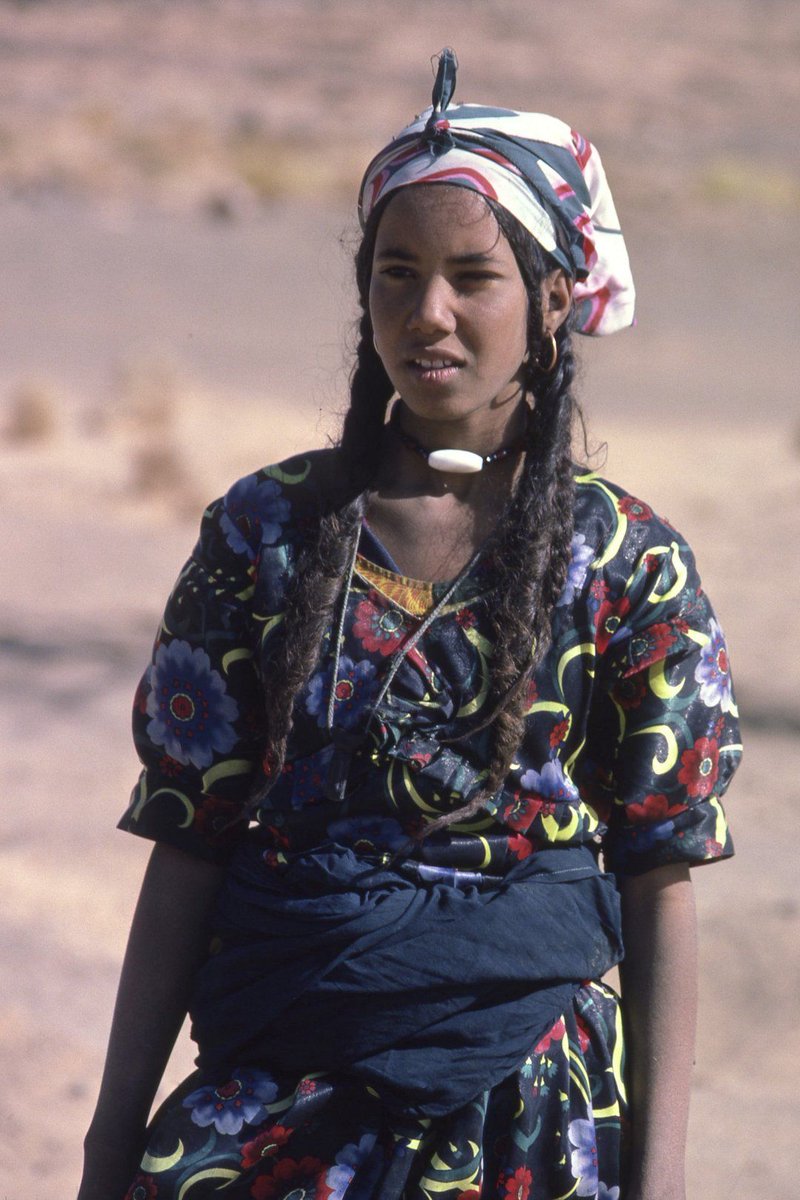 " title="A History of The Afro-Arabs -- The HaratinThey are one of the most persecuted ethnic groups in all of human history, a black-Arab caste that emerged from a legacy of #Islamic slavery in Africa under the #Berbers & #Moors. #afroarabs #BlackLivesMatter https://abs.twimg.com/hashflags... draggable="false" alt="">">
" title="A History of The Afro-Arabs -- The HaratinThey are one of the most persecuted ethnic groups in all of human history, a black-Arab caste that emerged from a legacy of #Islamic slavery in Africa under the #Berbers & #Moors. #afroarabs #BlackLivesMatter https://abs.twimg.com/hashflags... draggable="false" alt="">">
 " title="A History of The Afro-Arabs -- The HaratinThey are one of the most persecuted ethnic groups in all of human history, a black-Arab caste that emerged from a legacy of #Islamic slavery in Africa under the #Berbers & #Moors. #afroarabs #BlackLivesMatter https://abs.twimg.com/hashflags... draggable="false" alt="">">
" title="A History of The Afro-Arabs -- The HaratinThey are one of the most persecuted ethnic groups in all of human history, a black-Arab caste that emerged from a legacy of #Islamic slavery in Africa under the #Berbers & #Moors. #afroarabs #BlackLivesMatter https://abs.twimg.com/hashflags... draggable="false" alt="">">
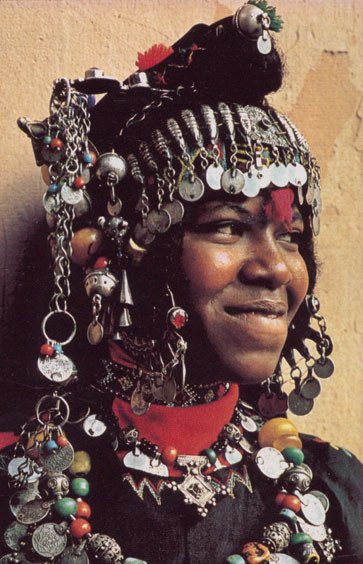 " title="A History of The Afro-Arabs -- The HaratinThey are one of the most persecuted ethnic groups in all of human history, a black-Arab caste that emerged from a legacy of #Islamic slavery in Africa under the #Berbers & #Moors. #afroarabs #BlackLivesMatter https://abs.twimg.com/hashflags... draggable="false" alt="">">
" title="A History of The Afro-Arabs -- The HaratinThey are one of the most persecuted ethnic groups in all of human history, a black-Arab caste that emerged from a legacy of #Islamic slavery in Africa under the #Berbers & #Moors. #afroarabs #BlackLivesMatter https://abs.twimg.com/hashflags... draggable="false" alt="">">
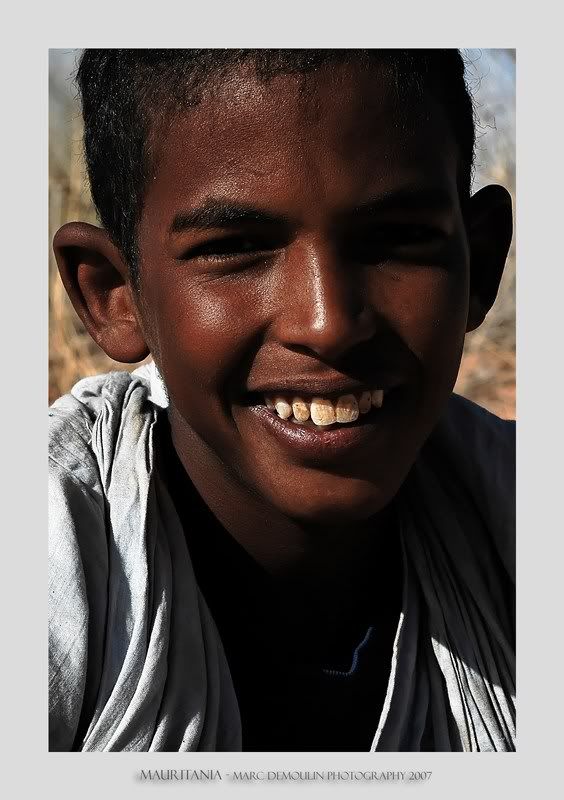 " title="A History of The Afro-Arabs -- The HaratinThey are one of the most persecuted ethnic groups in all of human history, a black-Arab caste that emerged from a legacy of #Islamic slavery in Africa under the #Berbers & #Moors. #afroarabs #BlackLivesMatter https://abs.twimg.com/hashflags... draggable="false" alt="">">
" title="A History of The Afro-Arabs -- The HaratinThey are one of the most persecuted ethnic groups in all of human history, a black-Arab caste that emerged from a legacy of #Islamic slavery in Africa under the #Berbers & #Moors. #afroarabs #BlackLivesMatter https://abs.twimg.com/hashflags... draggable="false" alt="">">

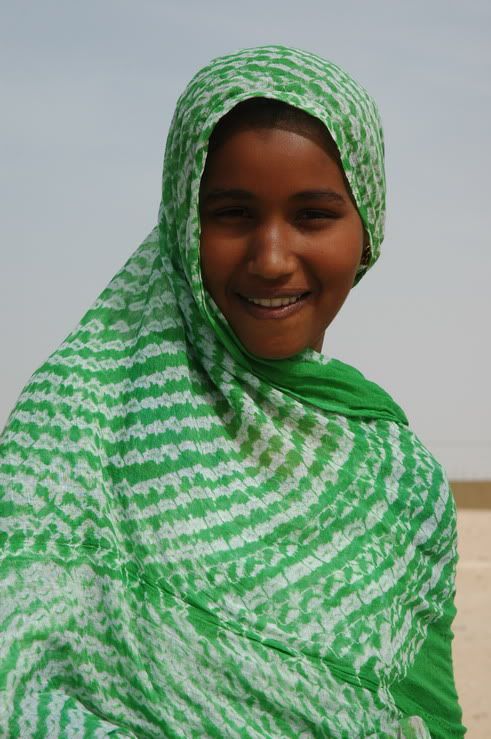


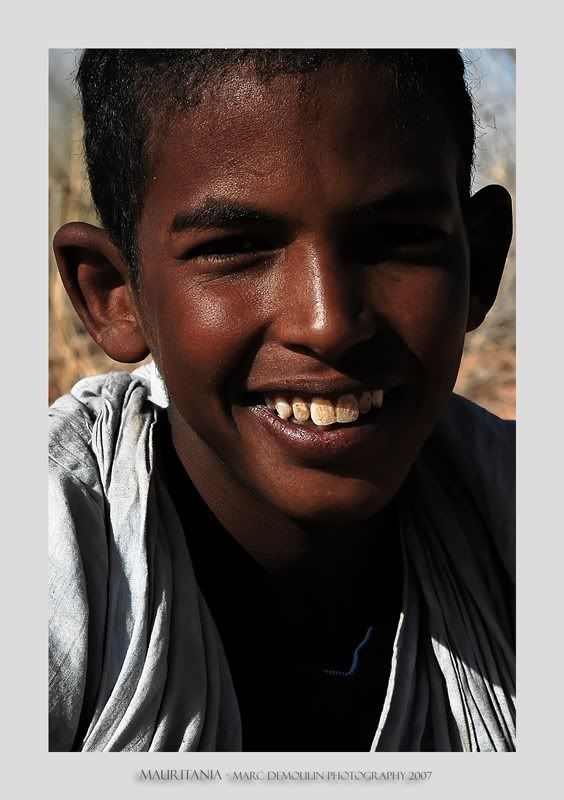 #ArabRacism" title="The Afro-Arabs of Mauritania are the largest minority group and among the most economically and politically marginalised.Population: 1,355,000 (estimation), half of which are in de facto slavery #BlackLivesMatterMauritania #BlackLivesMatter https://abs.twimg.com/hashflags... draggable="false" alt=""> #ArabRacism">
#ArabRacism" title="The Afro-Arabs of Mauritania are the largest minority group and among the most economically and politically marginalised.Population: 1,355,000 (estimation), half of which are in de facto slavery #BlackLivesMatterMauritania #BlackLivesMatter https://abs.twimg.com/hashflags... draggable="false" alt=""> #ArabRacism">
 #ArabRacism" title="The Afro-Arabs of Mauritania are the largest minority group and among the most economically and politically marginalised.Population: 1,355,000 (estimation), half of which are in de facto slavery #BlackLivesMatterMauritania #BlackLivesMatter https://abs.twimg.com/hashflags... draggable="false" alt=""> #ArabRacism">
#ArabRacism" title="The Afro-Arabs of Mauritania are the largest minority group and among the most economically and politically marginalised.Population: 1,355,000 (estimation), half of which are in de facto slavery #BlackLivesMatterMauritania #BlackLivesMatter https://abs.twimg.com/hashflags... draggable="false" alt=""> #ArabRacism">
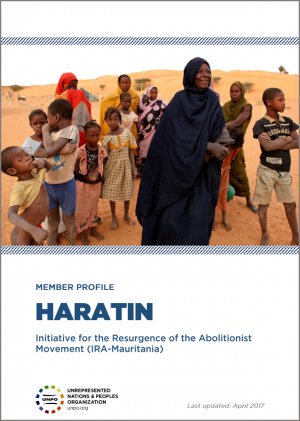 #ArabRacism" title="The Afro-Arabs of Mauritania are the largest minority group and among the most economically and politically marginalised.Population: 1,355,000 (estimation), half of which are in de facto slavery #BlackLivesMatterMauritania #BlackLivesMatter https://abs.twimg.com/hashflags... draggable="false" alt=""> #ArabRacism">
#ArabRacism" title="The Afro-Arabs of Mauritania are the largest minority group and among the most economically and politically marginalised.Population: 1,355,000 (estimation), half of which are in de facto slavery #BlackLivesMatterMauritania #BlackLivesMatter https://abs.twimg.com/hashflags... draggable="false" alt=""> #ArabRacism">
